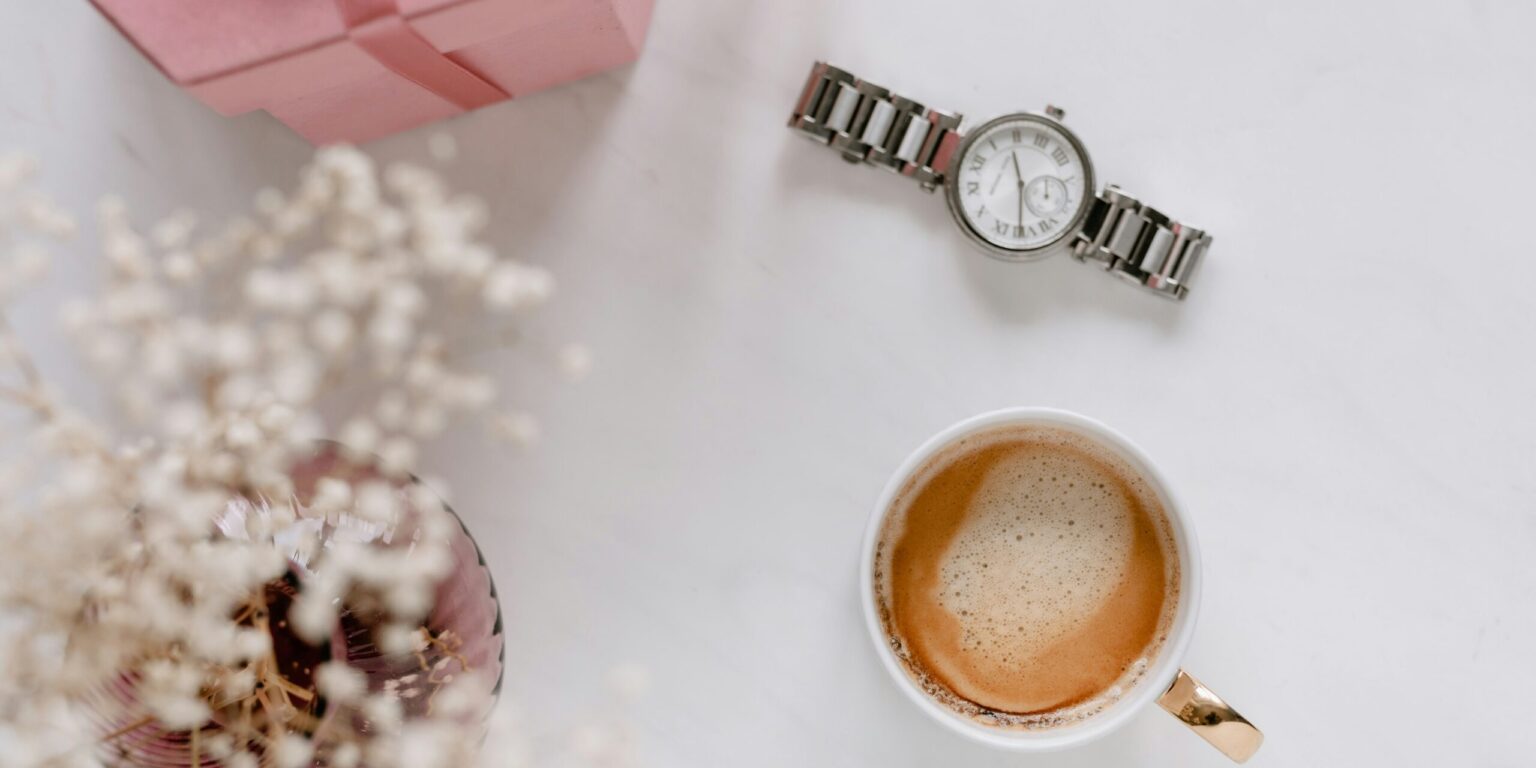On July 25, fashion and beauty brands fully embraced coffee culture—not only as an aesthetic theme but as a creative marketing driver. According to Glossy’s 2025 Influencer Index, brands have increasingly teamed up with influencers to launch coffee-inspired beauty products and café-style activations, tapping into a chic crossover that speaks directly to influencer-powered audiences.
Across the beauty sector in 2025, influencer collaborations remain vital for connecting with Gen Z and millennial consumers, particularly through micro- and nano-influencers whose engagement rates often surpass those of bigger creators. These partnerships have enabled beauty and fashion labels to lean into coffee motifs—introducing caffeine-infused skincare palettes, branded pop-up cafés, and coffee-themed limited collections that resonate with lifestyle-driven and wellness-conscious fans.
The broader coffee-beauty category is gaining traction, fueled by consumer interest in functional ingredients like caffeine and antioxidants found in coffee extracts. These are marketed for their exfoliating, energizing, and glow-boosting benefits—and increasingly promoted via influencer-led user-generated content on Instagram and TikTok.
Successful activations combine digital influencer media with IRL experiences—such as branded café pop-ups or product launches featuring coffee imagery or scent cues. These experiential tactics are proving essential in today’s marketing environment, blending cultural relevance with sensory appeal. One noted influencer leveraging this aesthetic is Emma Chamberlain, who parlayed her popular coffee brand into beauty-adjacent collaborations and media partnerships earlier this year.
Glossy’s research highlights the trend as more than a passing aesthetic. It reflects a strategic shift where coffee culture is deployed not just in product formulas but also in storytelling, influencer engagement, and immersive campaigns. Brands that marry coffee motifs with user-first digital content and IRL activation manage to craft a narrative that feels authentic, lifestyle-driven, and deeply shareable—that sticks with influencer-led audiences.
Overall, the coffee-beauty movement illustrates how influencer-brand collaborations are evolving beyond product marketing into culturally resonant moments. By fusing coffee symbolism with functional beauty ingredients, brands are dialing into a sensory and narrative-rich approach that captures attention and encourages participation—and in turn, delivers real buzz in an oversaturated space.
